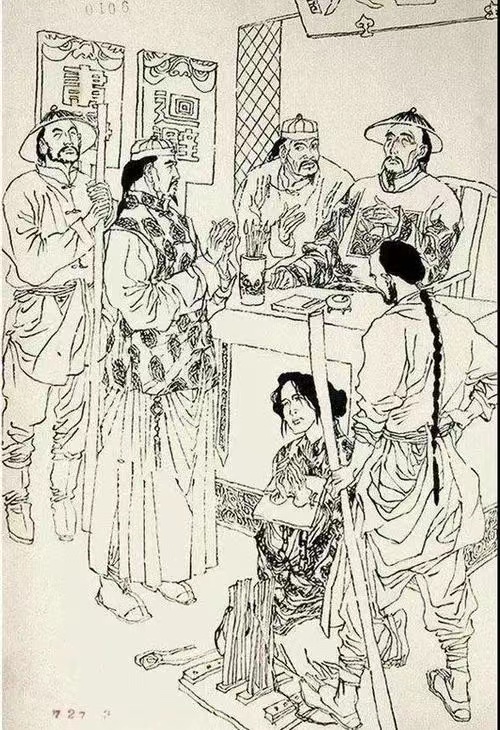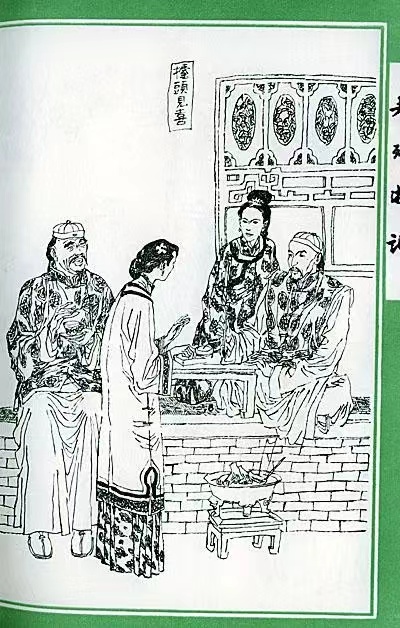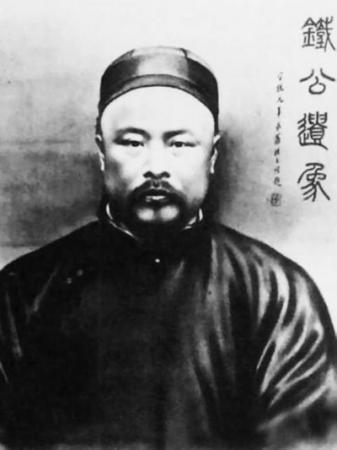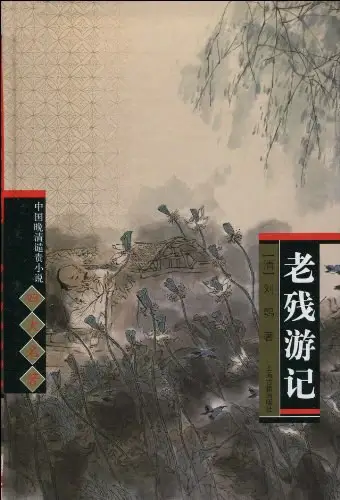The outstanding representative of the late Qing Dynasty condemnatory novel
Overview
Chinese Name: 老残游记
English Name: The Travels of Lao Can
Other Name: Lao Can’s Travels
Author: Liu E 刘鹗
Originally Published: 1840-1912 (The late Qing Dynasty 晚清)
Genre: Novel
Brief Introduction of The Travels of Lao Can
The Travels of Lao Can 老残游记 is the outstanding representative of the late Qing Dynasty 清末 condemnatory novel, which is the representative work of writer Liu E 刘鹗 in the late Qing Dynasty 清朝.
The novel is based on the travels of a doctor named Lao Can 老残. It deeply explores the social contradictions, especially in his book, he dares to criticize the cruel officials for harming the country and the people, and points out with great insight that the stupidity of the cruel officials is often worse than that of corrupt officials. At the same time, the novel has reached an extremely high level in many aspects, such as the essence of national traditional culture, philosophy of life and art, female aesthetics and equality, character psychology and music scene description.

The Travels of Lao Can describes Lao Can’s experiences and actions in his travels. Lao Can is a positive character who reflects the author’s thoughts in his works. He traveled all corners of the country, to earn a living by practicing medicine, from indifferent, not into the eunuch. However, he was concerned about the fate of the country and the nation, sympathized with the suffering of the people, knew right from wrong, and was chivalric and courageous, and did his best to relieve the suffering of some people.
With the footsteps of Lao Can, we can clearly see the social life of Shandong 山东 in the late Qing Dynasty.

The artistic taste of “The Travels of Lao Can” is very high, leaving obvious marks of decidua and new. The first is the transformation of narrative mode from storyteller to writer. The novel has rich subjective emotion color, and the writer’s creative personality and subjective consciousness are fully carried forward. The perspective of the novel also changes from the traditional omniscient narrative to the third-person restricted narrative. The second is the use of psychoanalytic techniques.
Author of The Travels of Lao Can
Liu E (October 18, 1857 — August 23, 1909) was a novelist in the late Qing Dynasty, styled Tieyun 铁云, Lao Can, Han nationality 汉族, born in Zhenjiang City 镇江市, Jiangsu Province 江苏省.

In his youth, Liu E was unwilling to take the imperial examination. Instead, he studied water conservancy, arithmetic, medicine, astronomy, music and other knowledge extensively.
At the age of 23, he studied Western knowledge, hoping that “foreign countries will serve China 洋为中用”.
In 1900, the Boxer Rebellion义和团运动 arose, the eight-nation Allied forces八国联军 invaded Beijing 北京, Liu E relief Beijing hunger. The goal is to realize the Taigu School’s 太谷学派 goal of “nurturing the world 教养天下”.
At the age of 46, Liu E began to write the novel “The Travels of Lao Can”. The original intention of the book was to support friends, to help friends earn a living. The following year, Liu E was persuaded by his friends to continue to write “Lao Can Travel Notes”. At the age of 46, Liu Ospe published the first Chinese work on oracle bone inscriptions, Tieyun Zang Turtle 铁云藏龟.
Liu E, 51, was falsely accused of buying land for foreigners and rehasing a story about selling grain from a warehouse. The Qing court banished him to Xinjiang for the crime of “selling millet privately 私售仓粟”.
Liu E, 52, died of illness in Urumqi 乌鲁木齐 and was buried in Huai ‘an 淮安, Jiangsu province 江苏省.
Excerpts From The Travels of Lao Can
当局者迷,旁观者清
The parties will be confused by the truth, dealing with things often confused, outsiders on the contrary than the parties see clearly.
无私者无畏。
No selfish people have no fear. When people are not selfish, there will be no stumbling, so they can let go of everything, go forward, do not fear.
人人好公,则天下太平;人人营私,则天下大乱。
Everyone obey the law, then the world will be peaceful; Everyone wants to seek personal gain, then the world will be chaos.
Evaluation of The Travels of Lao Can
I never thought China had such a person! On a par with the best British novel.
There was no such novel in China for nearly 100 years.
The novel expresses the hatred of the cruel officials and corrupt officials, saying what others dare not say.
Lu Xun 鲁迅









